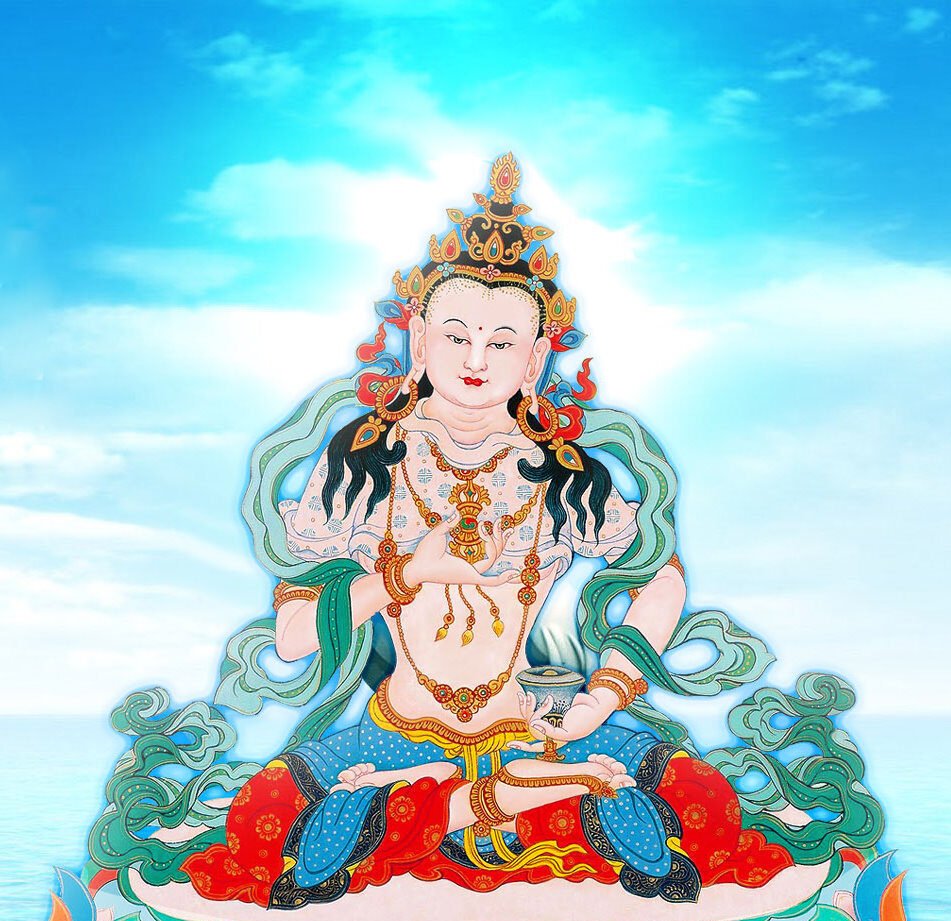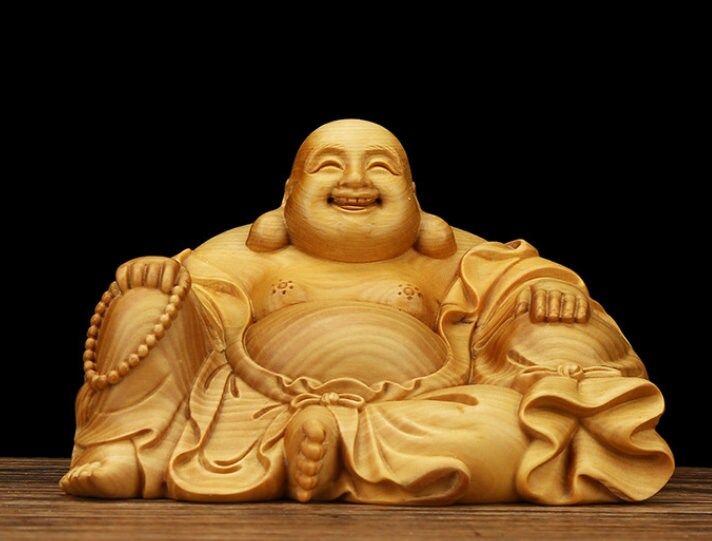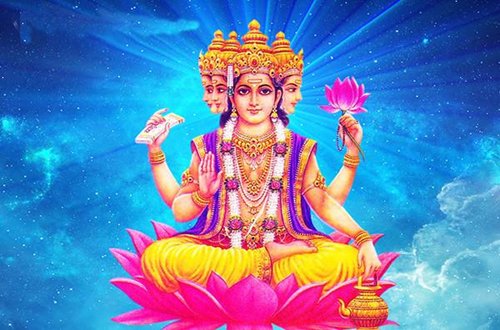One of the first practices we learn to do when we first take refuge is the Four Preliminaries Practice (or the Vajrasattva Practice). The goal of this practice is to purify the body, speech and mind, which really helps when we accumulate a lifetime of karma. Our English Dharma classes has resumed, and this past week, we started to introduce the reasoning behind each step of the practice. First, why would we need to purify ourselves? Many of our poor decisions, our poor behaviours and our feelings of inferiority stem from us accumulating karma from our actions, or suffering from actions of others. Jungian and neo-Freudian psychologists would state that perhaps our actions reflect our real self, which may not be in line with our ideal self, and that sense of conflict between our behaviours and our ideals is what causes that cognitive dissonance…or internalized discomfort, that comes out as anxiety and/or depression, poor actions (e.g. the Freudian defense mechanism of projection, where you accuse others for your own faults), and other poor behaviours. But Taoists and Buddhists would state that our ideal self is actually our true self. And that true self is initially pure. Babies are born as pure innocent bundles of joy. Even their natural state of breathing is the same type of breathing that yogis and meditation teachers teach: belly breathing. We lose that natural ability to breathe from the belly as we age, and acquire more stress and responsibilities. It’s with years of accumulated karma from our actions (whether it’s stealing a small toy as a child, or injuring others on purpose) that taint that True self. Therapy can help get at the root causes of our discomfort, and can also propose tools to help match your real self to your ideal self. Meditation/cultivation is one of those tools. As a True Buddha disciple, we are encouraged to practice the Four Preliminaries daily.
But what about the actual practice itself? The unifying factors about all Buddhist practices is that we need to be respectful and be pure of body, speech and mind in order to practice with full sincerity. Only with full sincerity will you achieve any of the benefits of any practice (whether it’s a Wealth practice or a Health practice). To achieve purity of body (temporarily), we will sit in a meditative posture and hold a mudra (our hand position). The mudras will often be related to a Buddha, a Bodhisattva, or a specific action (e.g. the Deliverance mudra). As our English dharma instructor, Robert, notes: It is very difficult to accumulate negative karma when you’re sitting still, holding our hands in a mudra. To achieve purity of speech, we will recite sutras and mantras. This allows us to hear what we are saying, and think about our words fully. To achieve purity of mind, we are taught to visualize our deity of the practice (e.g. Vajrasattva for the Four Preliminaries practice). This way, our minds can be trained to let go of other intrusive thoughts, and hold only pure thoughts, the sounds of our mantras, and the sight of the Buddhas and Bodhisattvas.
Every single step of the practice is usually associated with at least one of these actions: mudra, mantra/sutra, and visualization. This is the first step to Siddhi or Samadhi. But without attempts at purification, no matter how much we practice, we will not be sincere enough to see results. If you’re reciting a mantra while thinking about other things, are you truly chanting? If you’re holding a mudra and the mind wanders to your to-do list, is your mind truly focusing on purification? But don’t be alarmed, we all have intrusive thoughts that may interfere with our practices. While the goal may be for perfection, we need to practice, practice, practice before getting there. My monkey mind wanders the most when I’m tired or stressed. However, with enough chanting (especially during long periods in group practices) the repetitions of the mantra creates an undeniable feeling of resonance (literally, the frequencies and the acoustics of our temple amplify the group chanting, creating a harmonious sound) which pacifies the monkey in my mind.
This year is the 2023 Diligence Year (True Buddha Dharma Discussion, 2023). There is an activity for the disciples to practice daily and have an accountability group!





